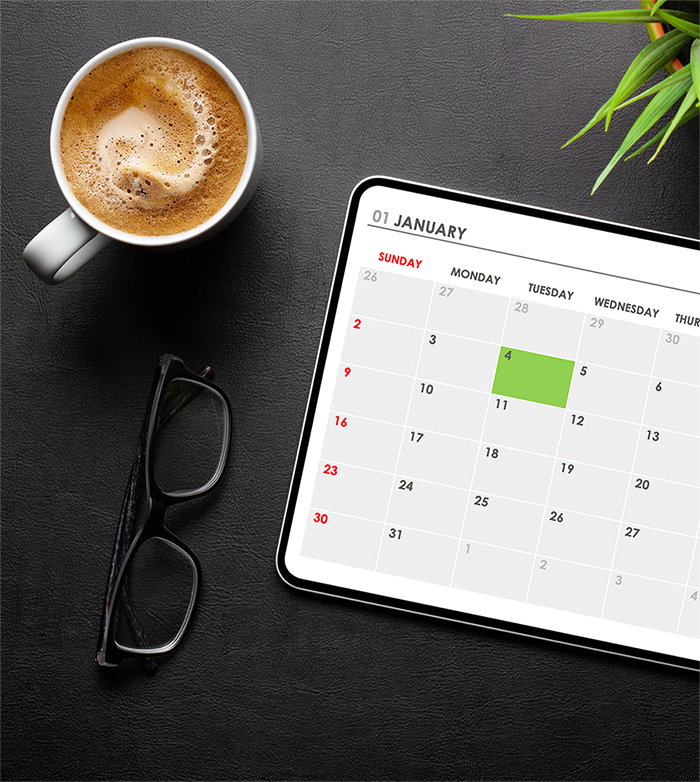
tailored Care for New Patients: schedule a visit today
Your health journey is unique, and keeping your digital health records up to date helps us provide the best possible care tailored just for you. By updating your medications, allergies, symptoms, and medical history, you’re giving us the clearest picture of your health—allowing us to make informed decisions and ensure your treatment is as safe and effective as possible.
Think of it as a partnership: the more we know, the better we can care for you. With secure and easy access to your records, you stay in control of your health every step of the way.
If you are experiencing a medical emergency, please call 911 or immediately go to the nearest emergency department.
New Patients
Existing Patients
For patients who have signed up via e-mail invite to patient portal. You can:
View your health records
View shared documents
Message your surgeon
Make an online payment
Frequently Asked Questions
-
The surgical robot cannot move or do anything on its own. It requires surgeon input, and there are various safety mechanisms that “lock” the robot when the surgeon is not directly in control. The surgeon is still performing all the movements, and making all the decisions. The robot is merely a high-tech instrument that makes the surgeon’s job of operating easier, and in essence making it safer for the patient.
-
In short, yes! In August of 2024, the number of robotic surgeries being performed surpassed the number of laparoscopic surgeries. The surgeon controls all movements of the robot, so in essence the robot is as safe as the surgeon utilizing it.
-
In general, the entire premise of a surgical consultation is to determine if the problem you have requires surgery to fix. More tests may be ordered to make that decision, and discussion will be had so that both you and your surgeon MUTUALLY agree on the decision. Ultimately, it is your decision as the patient.
Once surgery is scheduled, you will be given instructions on how to prepare for surgery. There is no one-size-fits-all preparation, but in general, you will be instructed to not eat after midnight the night before your surgery. You will arrive at the hospital where your surgery will be done, be seen in the preoperative area where last minute questions will be answered. You will then have surgery.
Depending on the type of surgery you are having, you may stay overnight in the hospital, or you may be discharged home. You will also be prescribed medication to help with pain and nausea if needed, as well as constipation.
At the time of surgery scheduling, we will also schedule a followup visit in our clinic based on the date of your surgery, and you will be seen postoperatively to make sure your incisions are healing well, your pain is properly controlled, and if you are feeling ok.
-
Yes! These are generally on Saturdays by appointment only. In addition, we will open on average one or two half-Saturdays a month for scheduled office hours so, please be sure to check the calendar for availability.
-
This very much depends on the type of surgery you are having. However, advanced technology allows your surgeon to have finer control of movements during surgery, leading to less trauma to your tissues, and ultimately less pain. Each patient’s pain tolerance is different, and that will be taken into account when prescribing medication and post-operative care.
-
This will depend on the type of surgery you are having, as well as the type of work you do. For example, if you work a desk job and are having a less complicated surgery like a gallbladder removal, a week off of work is usually adequate. But this will depend on how much pain you are in after surgery, and what you think you are capable of doing. Robotic surgery has been shown to decrease the amount of time patients need to take off of work.
-
If you think you are having an emergency, you should call 911 or go to the nearest emergency room, preferably to the hospital where you had your surgery if possible.
If you have questions about your incisions, pain you are having, or have non-emergent concerns, we ask that you log in to your patient portal and send us a message. Often times, your surgeon will see your message soon after you send it, and can respond. These messages are HIPAA compliant (federally regulated health information and privacy laws), and you can even send pictures of your incisions or areas of concern without having to necessarily making a trip to the office if the issue is minor. If your surgeon thinks you need to be seen in the office, you will be notified.
During business hours, you can also call our office directly. Due to HIPAA regulations, we cannot send medical advice via SMS or text messaging.
-
Dr. Le is not employed by either Banner or UC Health, but is rather an independently practicing general surgeon. By remaining independent, your surgeon can run his practice with more autonomy, and rather than be required to see a certain number of patients per day to meet revenue metrics, he can spend as much with you as you need to feel heard, understood, and cared for. Studies have shown that patients who truly trust their surgeons and actively participate in their care tend to have less pain, better outcomes, and faster recoveries.
-
No, the types of operations performed by Dr. Le usually require an operating room with additional staff, instrumentation, sterility, and lighting. Hospitals that Dr. Le currently operates at are:
Banner Fort Collins Medical Center
Banner McKee Medical Center
Banner North Colorado Medical Center
Poudre Valley Health is currently pending, and will be updated as soon as privileges to operate are granted by the medical staff.
-
Usually not, since surgery requires preparation and discussion. However, in the rare instance that it is deemed necessary, you will be sent to the hospital for urgency and quick preparations for surgery.
-
Unfortunately any organ removed during surgery will be sent to a pathologist for microscopic review, followed by biohazard disposal.
-
Please refer to the homepage for ongoing updates on what insurances our clinic accepts.
-
We do. Please be aware that seeing an out-of-network provider will cost you as the patient more out-of-pocket, and is dependent on your insurance carrier.
For self-pay patients, we do offer discounted fees and payment plans. Please contact us for more information.
-
The costs of surgery will typically fall into three buckets:
Hospital Facility Fees
Anesthesia Fees
Surgeon’s Fees
Our clinic can give you a cost estimate at the time of scheduling based on your insurance and what operation you will be having. To get a better total cost estimate, you as the patient will also have to call the hospital financial department with the following information:
What type of surgery you are having.
Estimated time it will take to complete the surgery (we will give this to you)
For Banner Health facilities, please call 888-688-4797.
For Poudre Valley Health, please call 970-624-1500.
-
For our surgical-based fees, we offer payment plans. Clinic fees will need to be paid in full prior to office visits.


